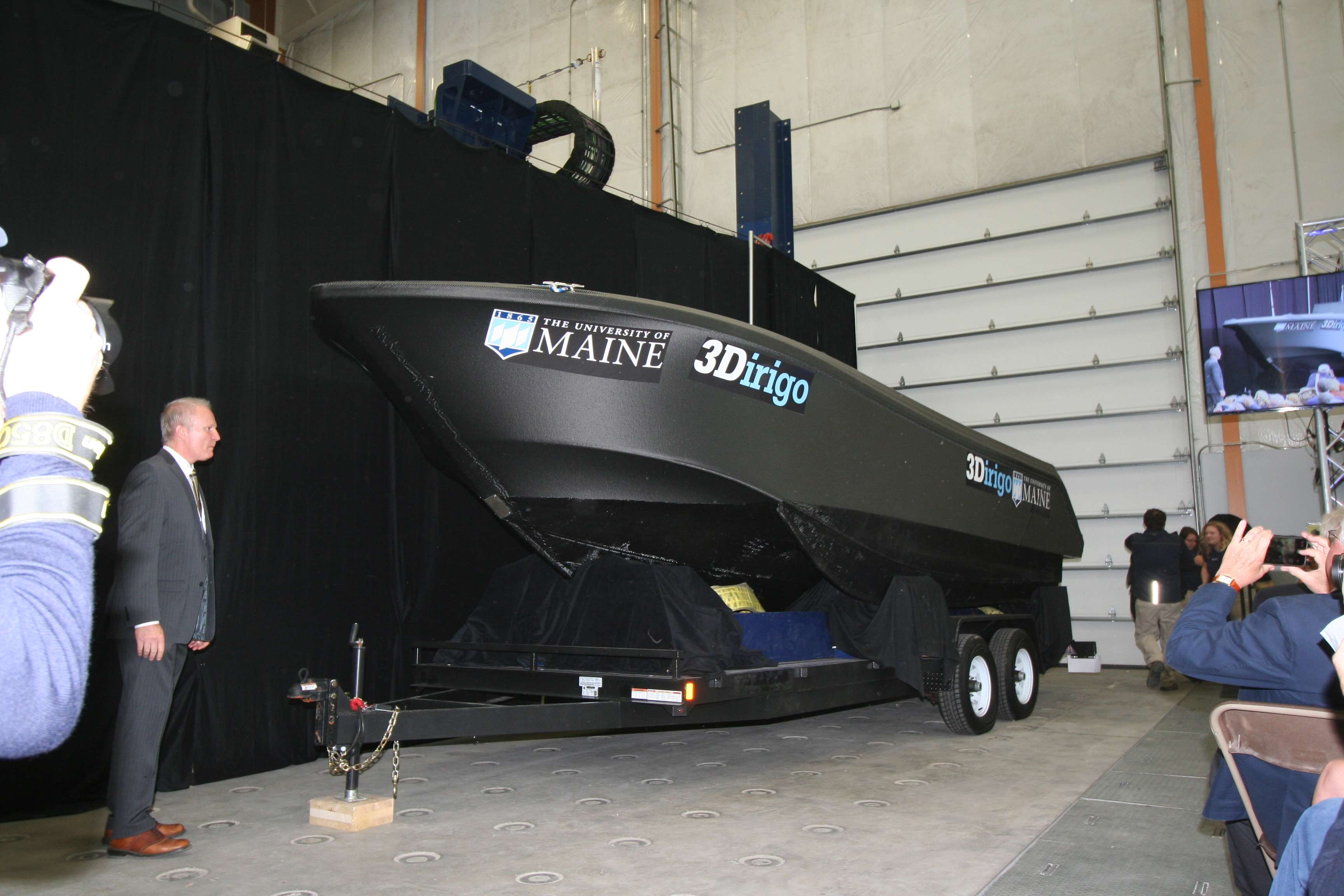
Processing Your Payment
Please do not leave this page until complete. This can take a few moments.
- News
-
Editions
-
- Lists
-
Viewpoints
-
Our Events
-
Event Info
- Women's Leadership Forum 2025
- On the Road with Mainebiz in Bethel
- Health Care Forum 2025
- On The Road with Mainebiz in Greenville
- On The Road with Mainebiz in Waterville
- Small Business Forum 2025
- Outstanding Women in Business Reception 2025
- On The Road with Mainebiz in Bath
- 60 Ideas in 60 Minutes Portland 2025
- 40 Under 40 Awards Reception 2025
- On The Road with Mainebiz in Lewiston / Auburn
- 60 Ideas in 60 Minutes Bangor 2025
Award Honorees
- 2025 Business Leaders of the Year
- 2024 Women to Watch Honorees
- 2024 Business Leaders of the Year
- 2023 NextUp: 40 Under 40 Honorees
- 2023 Women to Watch Honorees
- 2023 Business Leaders of the Year
- 2022 NextUp: 40 Under 40 Honorees
- 2022 Women to Watch Honorees
- 2022 Business Leaders of the Year
-
-
Calendar
-
Biz Marketplace
- News
- Editions
- Lists
- Viewpoints
-
Our Events
Event Info
- View all Events
- Women's Leadership Forum 2025
- On the Road with Mainebiz in Bethel
- Health Care Forum 2025
- On The Road with Mainebiz in Greenville
- On The Road with Mainebiz in Waterville
- + More
Award Honorees
- 2025 Business Leaders of the Year
- 2024 Women to Watch Honorees
- 2024 Business Leaders of the Year
- 2023 NextUp: 40 Under 40 Honorees
- 2023 Women to Watch Honorees
- 2023 Business Leaders of the Year
- + More
- 2022 NextUp: 40 Under 40 Honorees
- 2022 Women to Watch Honorees
- 2022 Business Leaders of the Year
- Nomination Forms
- Calendar
- Biz Marketplace
Navatek and UMaine win $5M Navy contract for research into 3D manufacturing
 File photo / Laurie Schreiber
Navatek and the University of Maine’s Advanced Structures and Composites Center $5 million Navy contract resulted from UMaine’s work last year to commission the largest polymer 3D printer in the world, seen here at its unveiling.
File photo / Laurie Schreiber
Navatek and the University of Maine’s Advanced Structures and Composites Center $5 million Navy contract resulted from UMaine’s work last year to commission the largest polymer 3D printer in the world, seen here at its unveiling.
Navatek LLC and the University of Maine’s Advanced Structures and Composites Center have won a $5 million contract to research materials and novel manufacturing tools and methods to improve the design and construction of Navy and Marine Corps vessels.
The goal is to maximize the speed, range, payload and survivability for naval missions, while lowering cost and build time, according to a news release.
The contract came from the U.S. Department of Defense’s Office of Naval Research.
The research will explore opportunities to apply additive manufacturing, commonly called 3D printing, to surface vessel design and construction. The research will develop tools and techniques that will enable engineers to evaluate new materials, produce more complex structures, improve throughput and reduce cost.
The ultimate goal of the work is to apply the technologies and tools to design unmanned surface vessels, using a modular approach to vessel structural design.
The project is a continuation of Navatek’s partnership with the UMaine center, which will design, evaluate, fabricate and test composite materials and structures for the project.
“Our collaboration with Navatek is what attracted them to opening offices in Maine,” Habib Dagher, the center’s executive director, said in the release. "We look forward to continuing our partnership with Navatek and the ONR [Office of Naval Research], creating transformative knowledge in advanced manufacturing for the Navy and transferring that knowledge into high-paying, Maine-based jobs.”
The research, advanced manufacturing and testing is expected to help open the design space for 3D-printed parts and frameless additive manufacturing to be applied to new vessels for the Navy.

“This project is a result of UMaine’s work last year where we commissioned the largest polymer 3D printer in the world at UMaine-ASCC and 3D printed a 25-foot-long, 5,000-pound patrol vessel,” Dagher said.

“Navatek is proud to work with the University of Maine in support of the Navy and Marine Corps’s goal of fielding unmanned surface vessels or USVs,” Martin Kao, Navatek’s CEO, said in the release.
“Along with our office in Portland, Navatek recently opened a second office in Bangor, which is collocated with the University of Maine to increase collaboration. We are expanding our presence in the state to 80 engineers and scientists in our Bangor and Portland offices over the course of these programs, with room to grow to over 120 in our new facilities, expected in 2021.”
Navatek is also expanding its Portland operations. The naval design and engineering firm has moved into 4,800 square feet of new laboratory and shop space on the first floor of Building D at the Portland Co. Marine Complex, at 100 West Commercial St.
In September, Navatek will take over 7,560 square feet of office space on the second and third floors of Building D. And plans are underway to construct an additional 15,000 square feet of office space that will be ready for occupancy in September 2021. It also has 6,424 square feet at 80 Exchange St. in Bangor.
In 2019, Navatek won an $8 million Navy contract to improve the design and construction of small watercraft that can operate safely at high speed in rough seas.
The three-year project involves collaboration with Front Street Shipyard in Belfast and the University of Maine.

About Navatek
Navatek provides R&D services for the Department of Defense, NASA and other government agencies. Historically a provider of naval architecture and modeling and simulation services, its portfolio has diversified to encompass digital twins, power and energy systems, unmanned vehicles, robotics, autonomy, AI/ML, data science, inflatables, composites, and additive manufacturing. Since its founding in Hawaii in 1979, Navatek has grown to open offices in Rhode Island, Maine, Virginia, Michigan, South Carolina, Oklahoma, and Kansas. Navatek will be changing its name to Martin Defense Group in September.
About University of Maine Advanced Structures and Composites Center
The University of Maine’s Advanced Structures and Composites Center is a world leader in composite materials R&D. Founded through the National Science Foundation in 1996, it is housed in a 100,000-square-foot laboratory with 250 employees. The center has over 500 clients and partners worldwide. A number of private Maine businesses have spun off from the center’s research. It pioneered the development of floating offshore wind turbines by designing and deploying the first grid-connected offshore wind turbine in the U.S. in 2013. The center houses the Alfond W2 (Wind-Wave) Ocean Engineering Laboratory, a unique facility with a high-accuracy wind generator over a multi-directional wave basin, as well as the Offshore Wind Laboratory, the second largest wind blade testing facility in the U.S. In 2019, the center commissioned the largest polymer 3D printer in the world. It won Guinness World records for 3Dirigo, the largest 3D printed boat in the world, a 25-foot-long 5,000-pound patrol vessel that was printed in 72 hours.














0 Comments